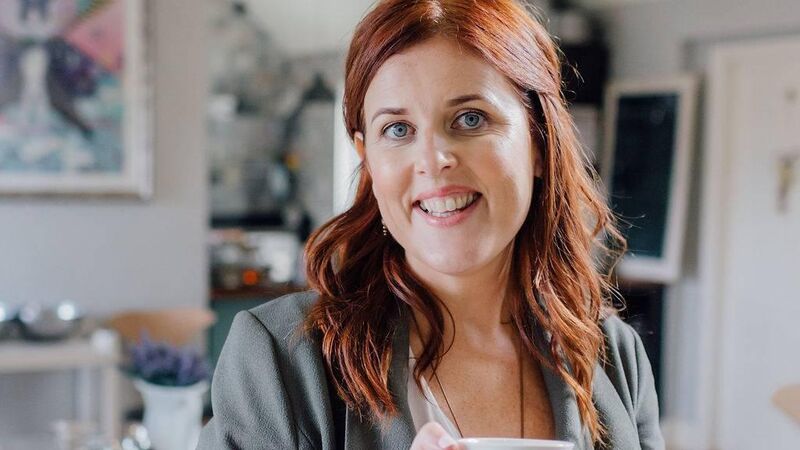Why you don’t have to burn out to be successful

Gillian O'Gorman
A groundbreaking international study involving organisations in Ireland has found that shifting to a four-day workweek can slash burnout by 67%, improve sleep and wellbeing, and even boost productivity, all without cutting pay. This finding is a powerful reminder that the key to “getting life right” isn’t about doing more, it’s about doing better.
This morning, I spoke with a lady who confessed to overcommitting and overscheduling, leaving barely a moment to breathe.










